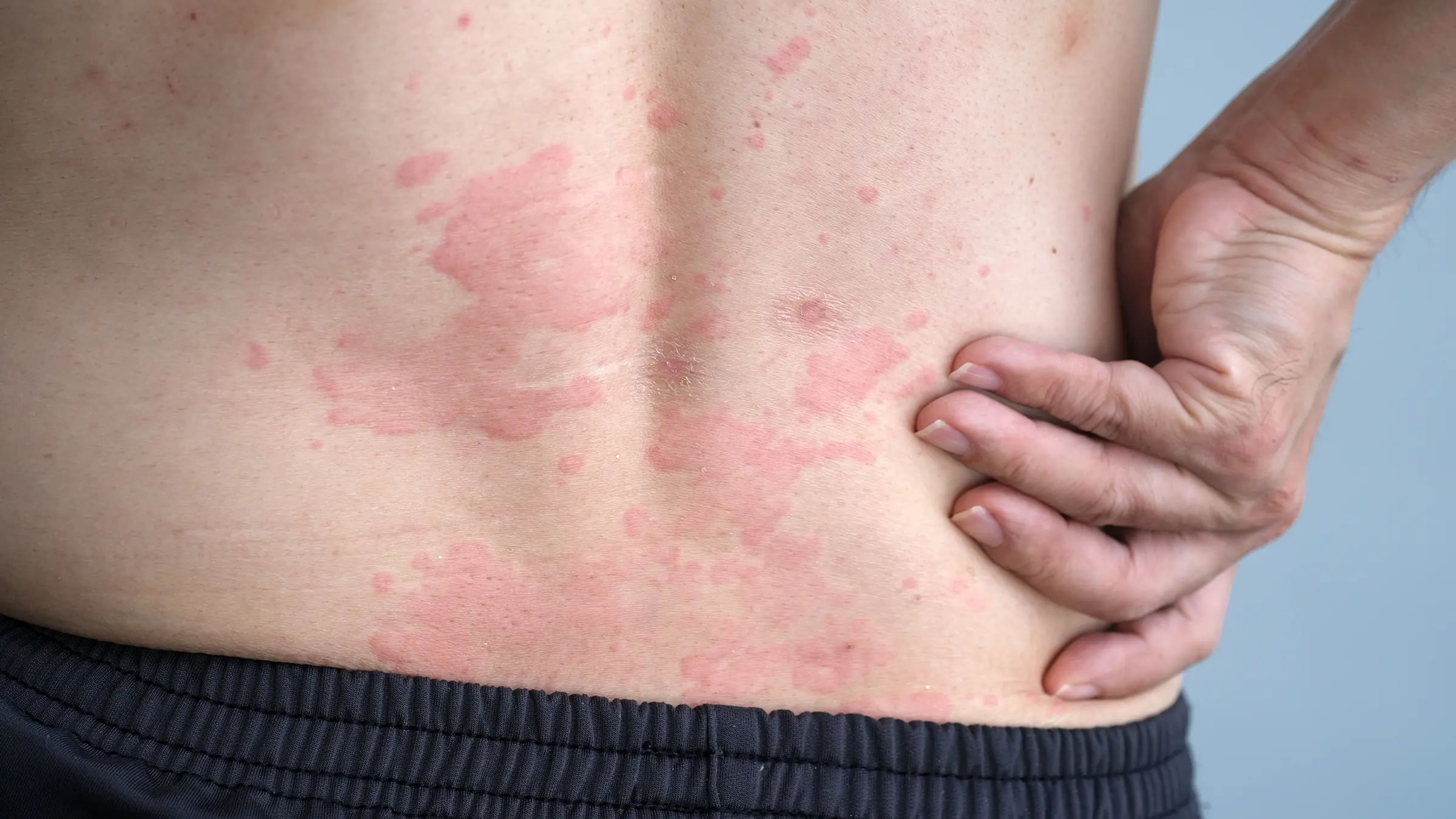
5 Early Warning Signs of Cancer in Children: Parents Must Know to Save Their Child
When we think of cancer, we often associate it with adults or the elderly. However, cancer can affect anyone — including children. Though pediatric cancer is rarer than adult cancer, it is still a serious concern worldwide. The biggest challenge is that symptoms in children can be vague, easily mistaken for common illnesses, and often go unnoticed until the disease has progressed. For this reason, early detection is absolutely critical.
Here are 5 early warning signs of cancer in children that every parent should know. Recognizing them promptly could save your child’s life.
1. Unexplained and Persistent Fever
Children often get fevers due to infections, but if a fever lasts more than a week without a clear cause, it may be a warning sign. Some types of leukemia and lymphoma — the most common childhood cancers — can present with persistent low-grade fever, night sweats, or chills. These fevers may not respond well to standard medications and can return frequently.
Parents should monitor how often their child has fevers and whether other symptoms appear alongside them, such as fatigue, weakness, or weight loss.
2. Unusual Bruising or Bleeding
If a child begins to bruise easily, experiences frequent nosebleeds, or has bleeding gums, this could point to a problem with the blood — possibly leukemia. Leukemia affects the bone marrow’s ability to produce healthy blood cells, leading to low platelet counts and an increased tendency to bleed.
Also, small red or purple dots under the skin (called petechiae) may appear — especially on the legs or arms — without any injury. If you notice this, seek medical advice immediately.
3. Lumps or Swelling
One of the most visible warning signs is a lump or swelling that doesn’t go away. This may appear in the neck, underarm, abdomen, or groin. While many swellings in children are harmless (like swollen lymph nodes from infections), any lump that grows rapidly, is firm, or causes discomfort should be evaluated by a doctor.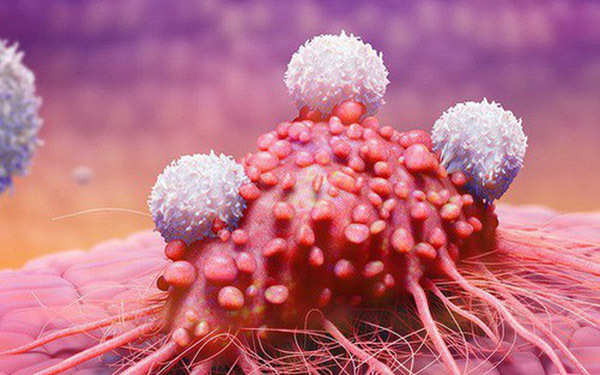
Some types of tumors in children, like lymphomas, neuroblastomas, or soft tissue sarcomas, often begin this way.
4. Sudden Weight Loss and Loss of Appetite
Children generally have good appetites, so any significant drop in appetite or weight without a clear cause is concerning. If your child seems to be eating less, feeling full quickly, or losing interest in food — and this persists for more than a couple of weeks — it’s time to consult a pediatrician.
Weight loss and fatigue can be signs that the body is using a lot of energy to fight something inside, like a tumor or abnormal cells.
5. Changes in Vision or Balance
Neurological symptoms such as vision changes, frequent headaches (especially in the morning), nausea, vomiting, or balance issues may point to a brain tumor. Children might complain of seeing double, bumping into objects, or feeling dizzy without a known cause.
If your child frequently complains about headaches and they are accompanied by other signs such as vomiting, weakness in limbs, or changes in behavior, don’t delay a medical evaluation.
Final Thoughts
No parent wants to imagine their child having cancer. But awareness is the first line of defense. Many childhood cancers are highly treatable — even curable — if caught early. Unfortunately, because children can’t always express how they feel, parents must be especially observant.
If you notice any of these warning signs, don’t panic — but don’t wait. Consult a healthcare professional promptly. Early detection can truly save a child’s life.
News in the same category


The Truth Behind ‘Durex’: What Its Name Actually Stands For Has Stunned Many

Your Eyes: Windows to Your Health – Uncovering Diabetes and Cancer Through Vision
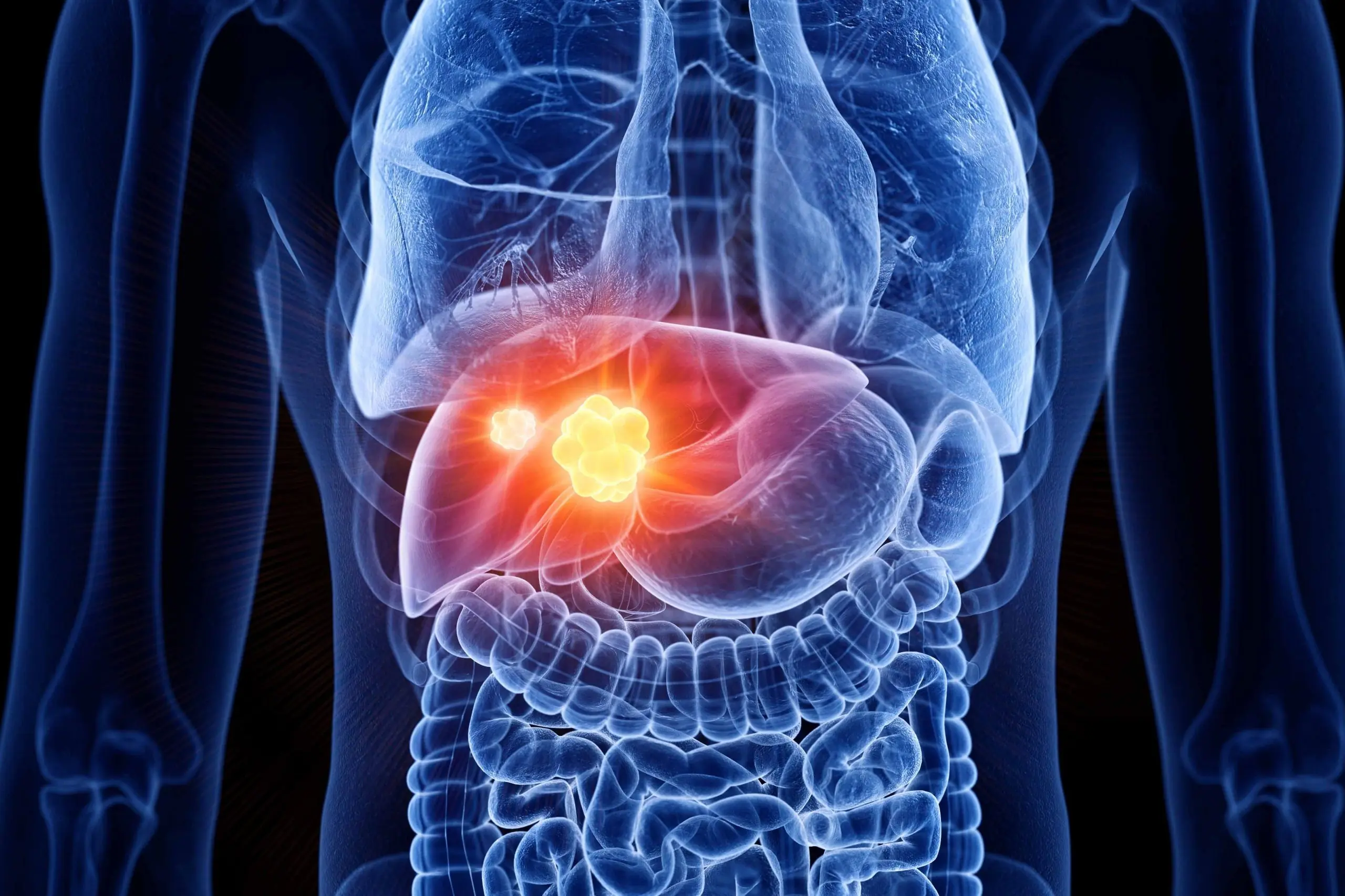
If Your Body Has a Bad Odor in These 3 Areas, It Could Mean Poor Liver Detox and Declining Function – Get Checked Before It’s Too Late!
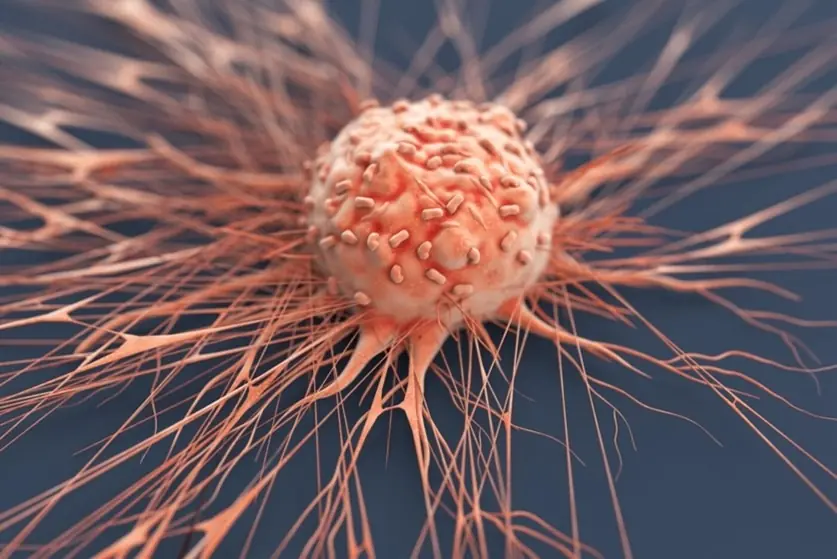
Warning: If You Notice This Symptom in Your Body, Go to the Hospital Immediately – It Could Be Late-Stage Nasopharyngeal Cancer

Astonishing Cancer-Fighting Power of One Juice — Even Doctors Are Surprised
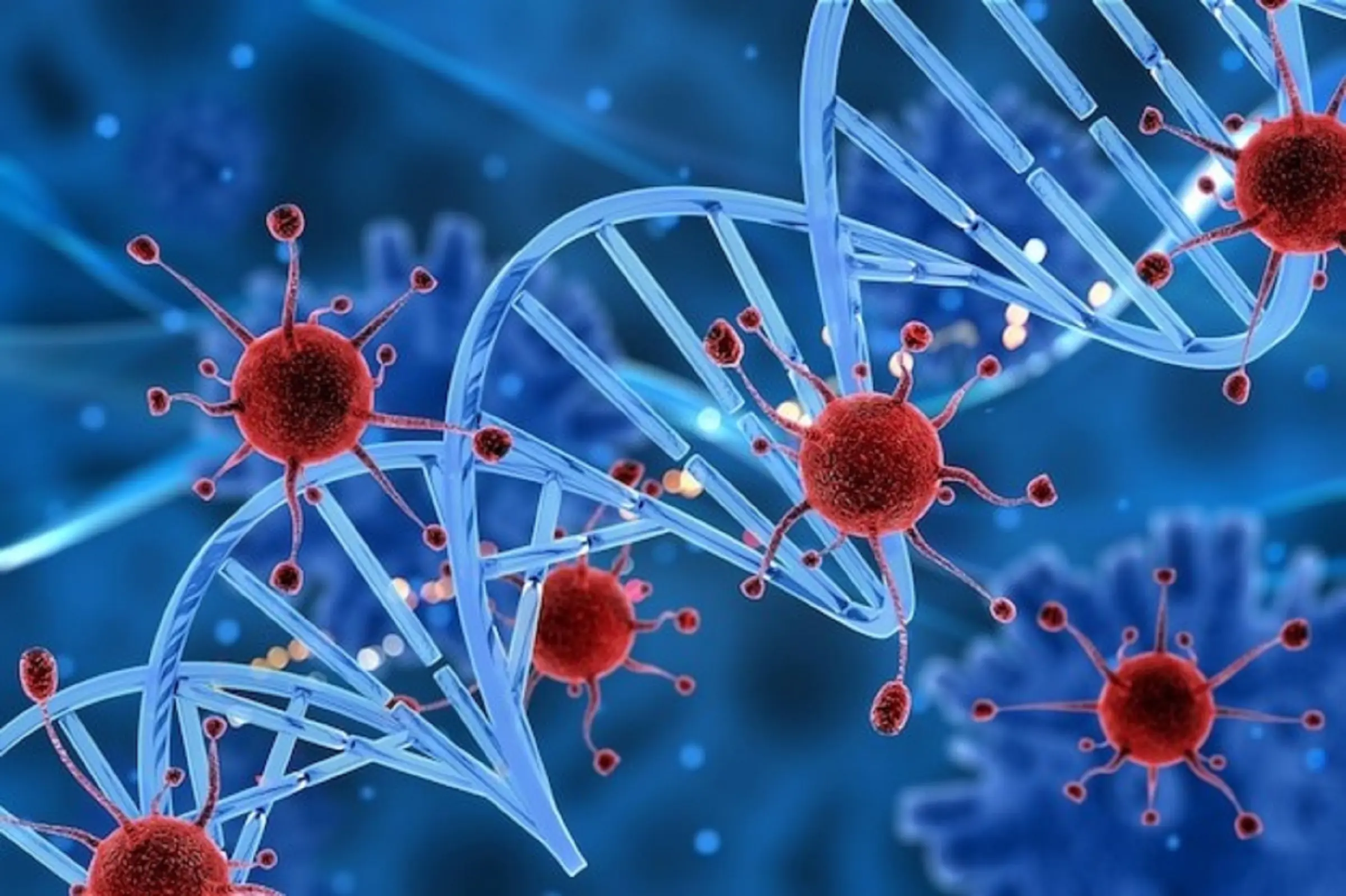
5 Types of Cancer with Over 90% Cure Rate: Early Signs Everyone Should Pay Attention To

Doctor's Advice: Whether You're Rich or Poor, Never Eat These 3 Foods for Breakfast – They Can Lead to Aggressive Cancer

Scientists Use CRISPR to Eliminate HIV from Human Immune Cells
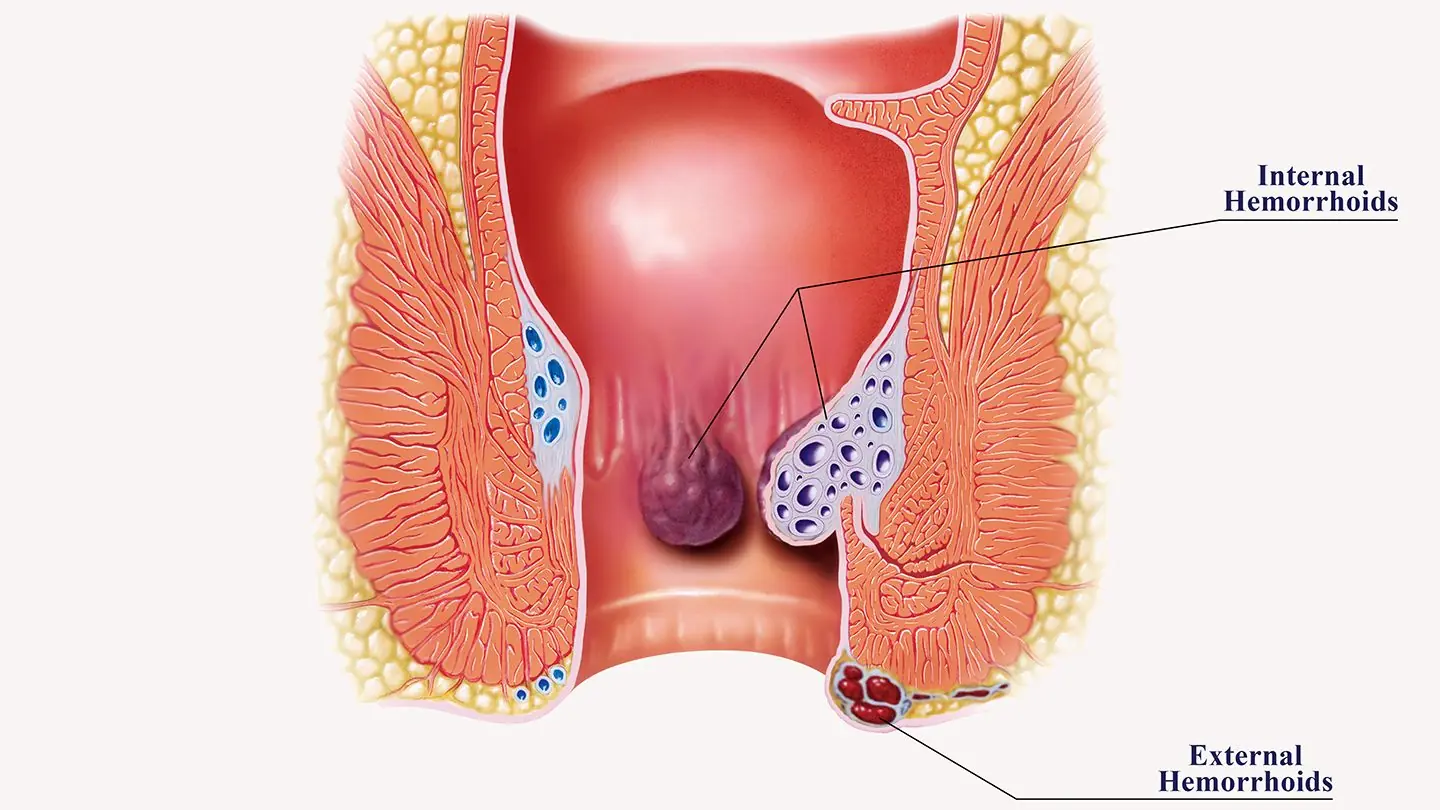
Hemorrhoids: Fast, Effective, Science-Backed Ways to Find Relief

Ovarian Cancer: 8 Early Signs You Need to Know

It’s Not Just Tooth Decay: 2 Common Signs in Your Mouth That Are SOS Signals From Your Body — Don’t Ignore Them

3 Early Signs of Lung Cancer You Shouldn’t Ignore — It Could Become Life-Threatening
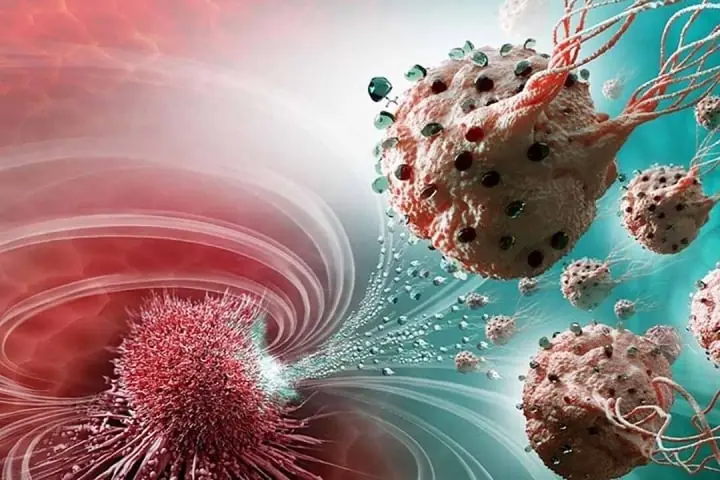
Is Cancer Hereditary? Useful Tips to Prevent Cancer from Developing
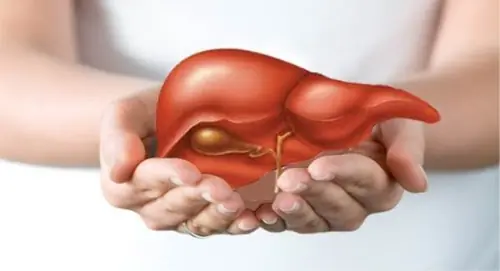
Health Experts Suggest 7 Ways to Detox Your Liver and Cleanse Your Body Daily

The Back of Your Hand Reveals Longevity Secrets: 4 Signs Everyone Should Check

13cm of Intestine Fell Out After 2 Hours on the Phone in the Toilet: 5 Dangers of Using Your Phone in the Bathroom

Don't Drink Water Right After Waking Up — Doctors Recommend Doing These 5 Things First

A 40-Year-Old Man Suffers a Stroke After Dinner: Doctor Points Out 3 Critical Mistakes
News Post

Surprising Triggers: What May Be Causing Your Hives (Urticaria)

The Truth Behind ‘Durex’: What Its Name Actually Stands For Has Stunned Many

Your Eyes: Windows to Your Health – Uncovering Diabetes and Cancer Through Vision

Psychology: People Who Talk To Their Pets Like They Are Humans Display Certain Emotional Traits

It’s Official! Mexico City Has Banned Bullfighting, Ending A 500-Year-Old Tradition
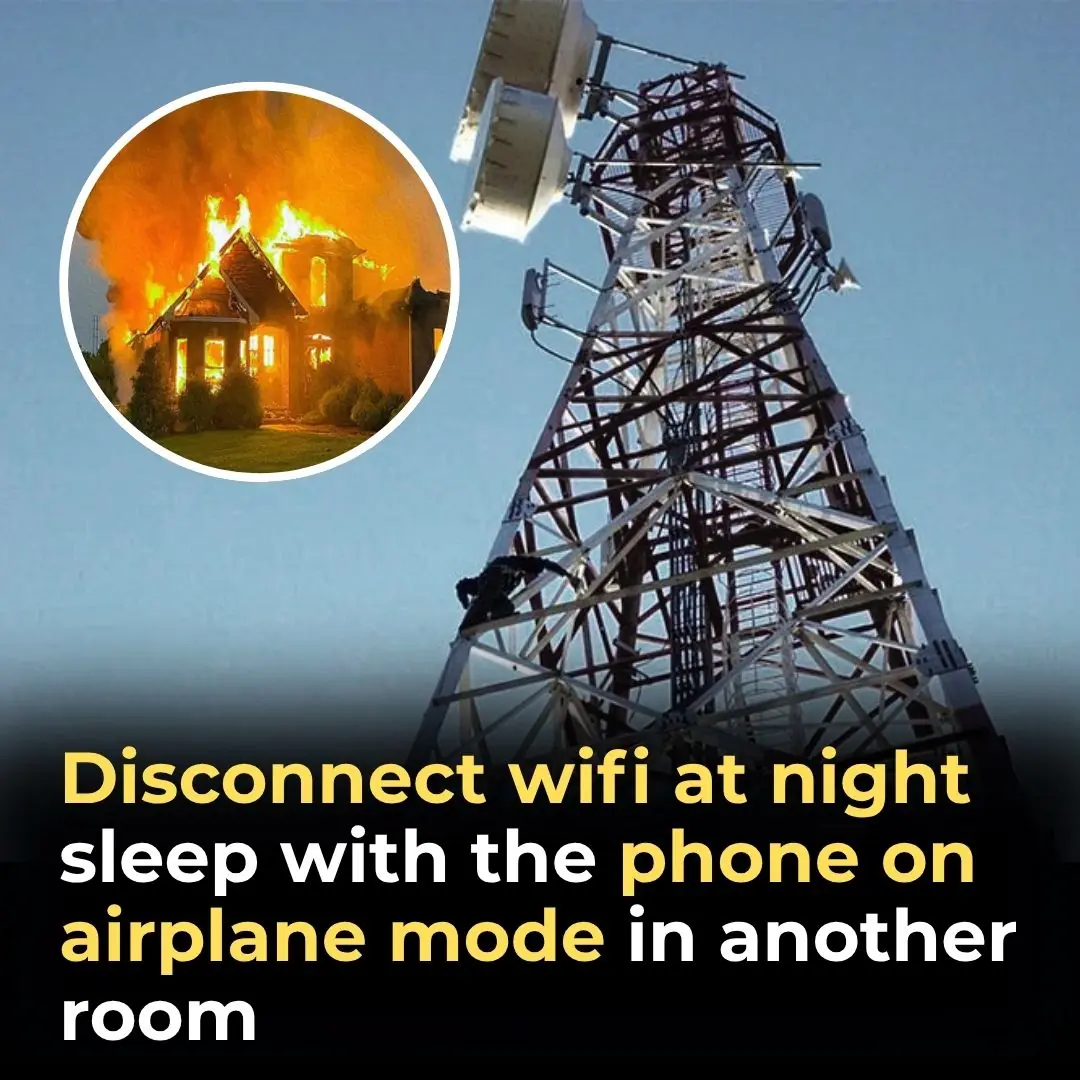
Disconnect WiFi at Night Sleep With the Phone on Airplane Mode in Another Room

The Hidden Dangers of Cooking with Aluminum Foil: Health Implications and Safer Alternatives

Japan Has Created a New Plastic That Dissolves in the Sea Within Hours and Enhances Soil Health

Scientists Reveal Simple Blood Test Can Detect Cancer Years Before Symptoms Appear

Bill Gates Says Only 3 Jobs Are Safe From AI — Are You In One Of Them?
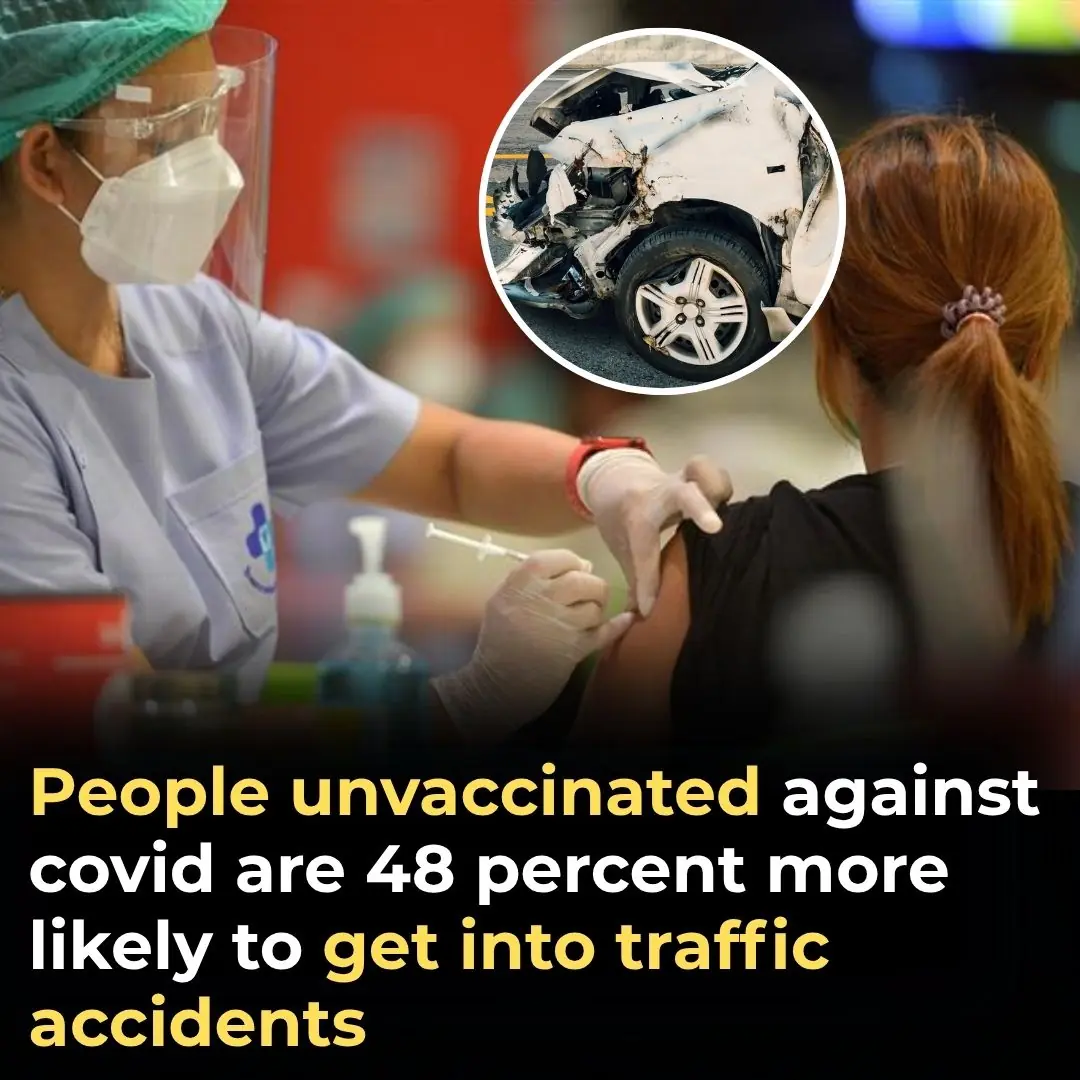
People Unvaccinated Against COVID Are 48 Percent More Likely To Get Into Traffic Accidents

If Your Body Has a Bad Odor in These 3 Areas, It Could Mean Poor Liver Detox and Declining Function – Get Checked Before It’s Too Late!

Warning: If You Notice This Symptom in Your Body, Go to the Hospital Immediately – It Could Be Late-Stage Nasopharyngeal Cancer

A ‘Zombie’ NASA Satellite Woke Up After 60 Years—And It Sent Out A Powerful Radio Pulse

Scientists Claim That If Humans Go Extinct, Octopuses Have The Best Chance Of Building The Next Civilization

23-Year-Old Ukranian Discovers Way To Make Paper From Fallen Leaves Without Cutting Down Trees

Rare ‘Doomsday’ Oarfish Washes Ashore In Tasmania, Igniting Superstitions Of Impending Disaster

Sore Throat Relief: How Ginger Can Soothe Your Throat Naturally
